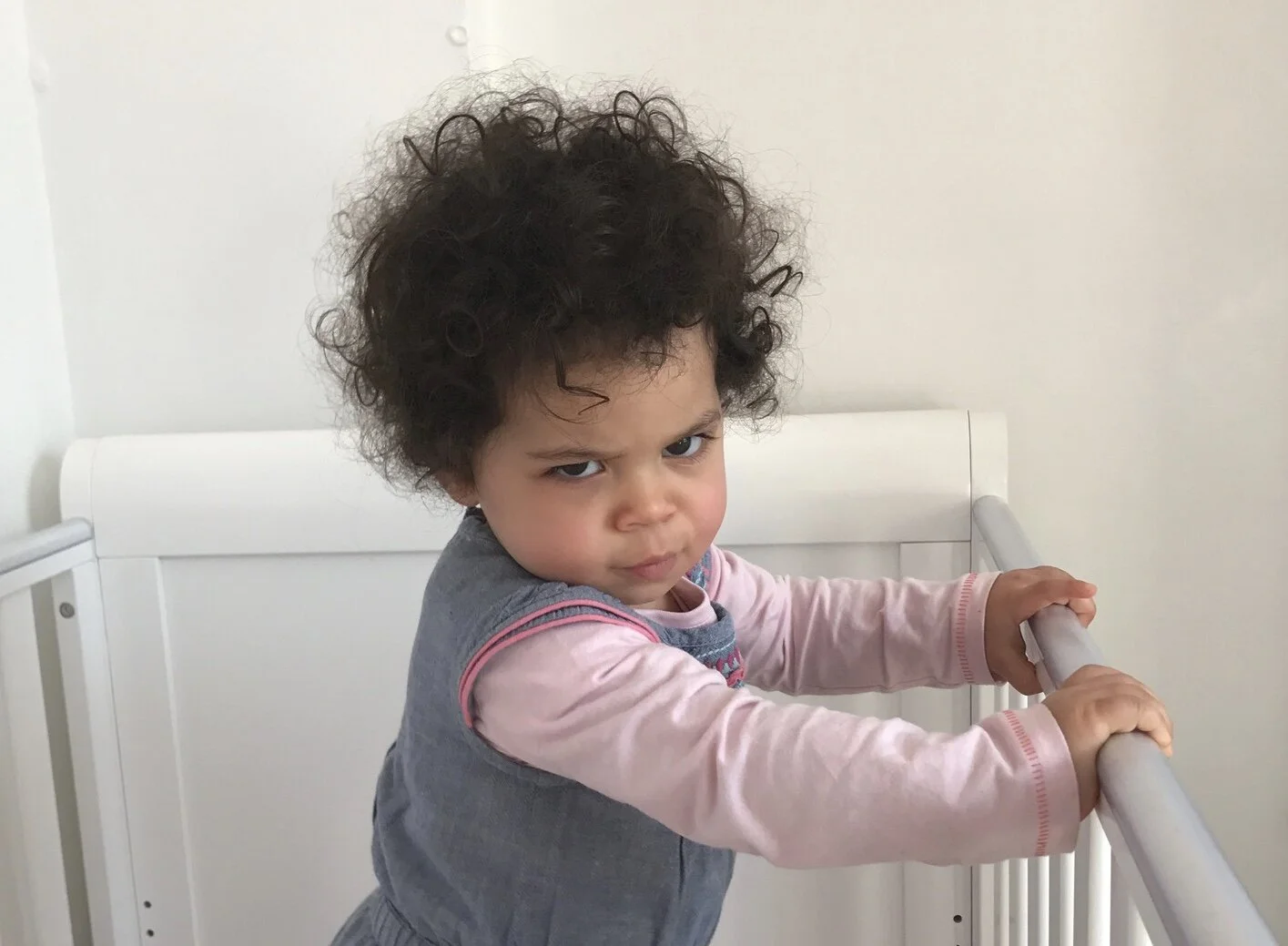Written by Claire Burgess, Family Consultant. There is no right or wrong age to start getting children to help out with chores, it is more about what tasks are age appropriate for you to ask them to do. Firstly, I would try to avoid the word ‘chores’ as this can be seen, and felt, as being quite negative and not something your children are likely to approach with a positive attitude. In addition, chores could be seen as things that have to be done in order to get a reward, but many ‘chores’ or tasks are expected and required actions of our children as they develop into responsible adults.
Read MoreCategories
ALL | Babies | Behaviour | Bereavement | Co-Parenting | Food and weaning | Getting to know | Grandparents | Health | Lockdown | Nursery | Other | Play | Routines | School | Separation anxiety | Siblings | Sleep | Teething | Toilet Training | Transitions | Travel | Tweens and Teens | Twins
You can also check out all of our practical videos on our YouTube Channel here - these include nappy changing, making up a bottle, topping and tailing and so much more!
Written by Claire Burgess, Family Consultant. This is something that I get asked time and time again! Some children will go through a stage of biting, in the same way that other children go through stages of hitting or throwing. The act of biting is something that can often be really upsetting for parents, both of the child who is biting others and also for parents of the child who might get bitten.
We just wanted to take a moment to look at all of the things we are hearing from families about their experiences through the Coronavirus outbreak and what these changes might mean for us and, more importantly, our children, as we come out of it and into our ‘new normal’ - will this experience change our children forever?
Read MoreReply from Claire Burgess, Family Consultant. This is a very common situation for many people who have family members providing childcare for them. When we have to raise any issues with those who care for our children it can be tricky, but when it is a family member this adds an additional layer of difficulty. It is understandable that you do not want to upset your parents ultimately you want to maintain a close and special relationship. However, if you don’t raise the issues that you have, this will lead to you becoming more frustrated and only end up causing a more awkward and difficult situation between you all. It is really important that you avoid getting to this stage!
Read MoreWritten by Roger Ashelford. After the initial excitement of the news that we were going to be grandparents I started to think of all the lovely things we would be able to do with our grandchildren as they grew up! The very early years were wonderful for the cuddles and watching the development of these small people, the smiles and the start of language but I knew I was going to become more ‘useful’ as they all got older.
Read MoreWritten by Thirza Ashelford. I will never forget the moment I was told I was going to be a grandparent. Our son and his partner had arrived one Friday evening, ostensibly to stay for the weekend and visit friends in the town. We chatted in the kitchen while I made dinner when our son announced that they had something to show us. The “something” was a twelve week scan photograph of our first grandchild. That moment of transition from being a parent to becoming a grandparent was thrilling, exciting and at the same time somewhat overwhelming.
Read MoreWritten by Claire Burgess, Family Consultant. In these strange and surreal times, we have been and still are facing things that we have never faced before in our lifetimes. Many families have experienced an extremely difficult time in relation to living and working space, finances and family circumstances etc and this is likely to continue as we start to go into some kind of ‘recovery phase’.
We just wanted to take a moment to look at all of the things we are hearing from families about their experiences through the Coronavirus outbreak and what these changes might mean for us and, more importantly, our children, as we come out of it and into our ‘new normal’ - will this experience change our children forever?
Read MoreWritten by Claire Burgess, Family Consultant. Is your baby or child tricky to get to sleep at bedtime? Do they have multiple wake ups during the night? Are they difficult to get to nap? If any of these things sound familiar, then this blog is for you!
When supporting parents with their children’s sleep there are lots of aspects that we need to look at including routine, their sleep environment and how you put your little down at bedtime and for naps. These points can often be the key pieces of information we need to look at in order to be able to help solve any sleep issues that you might be experiencing with your child.
Read MorePlease note that where I talk about a ‘child’ I am also referring to ‘children’ (and vice versa) and where I say ‘baby’ I am also referring to twins, triplets or more!
We are often asked about how to introduce a new baby/babies to their sibling(s). This experience can be different for each family, there are lots of emotions such as excited, nervous, happy, worried (to name a few) and this can be the case for both adults and children! Some children will be very accepting of a new sibling, but others might not, but please don’t worry about this as it is completely natural. The age of the child will also influence how much they understand the concept of a baby being in the tummy and then being a baby living in their house (they can be very different things!).
Read MoreWritten by Claire Burgess, Family Consultant. Very often when babies arrive there is a great deal of focus on Mum and the baby and Dads can often be left on the sidelines. The arrival of a baby can be life changing for any parent and so we need to make sure that we are looking out for Dads at this monumental time. The adjustment for Dads can be significant, and there can be hormonal changes (testosterone, oestrogen, cortisol, and prolactin) in men after their baby arrives which can cause them to have baby blues or postnatal depression. I have worked with many families where I have had to actively encourage Dad to take a more active role and to show how important a role he has to play in his baby’s life. We don’t want Dads to be on the sidelines, we want them to feel valued and empowered in their new role.
Read More









